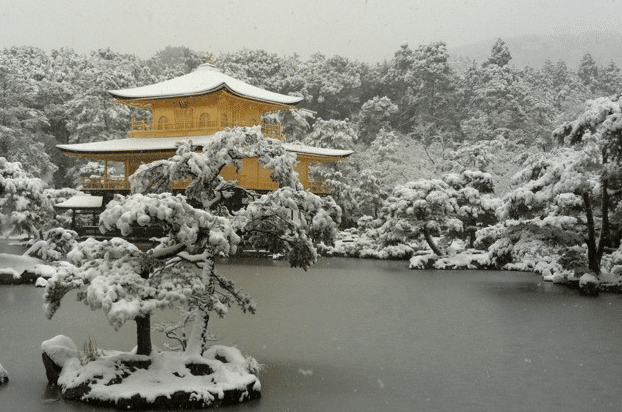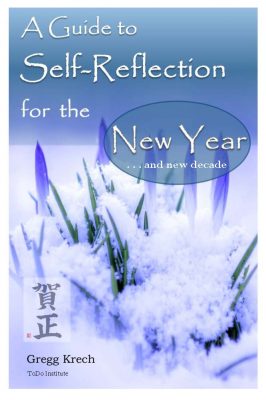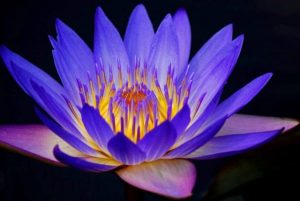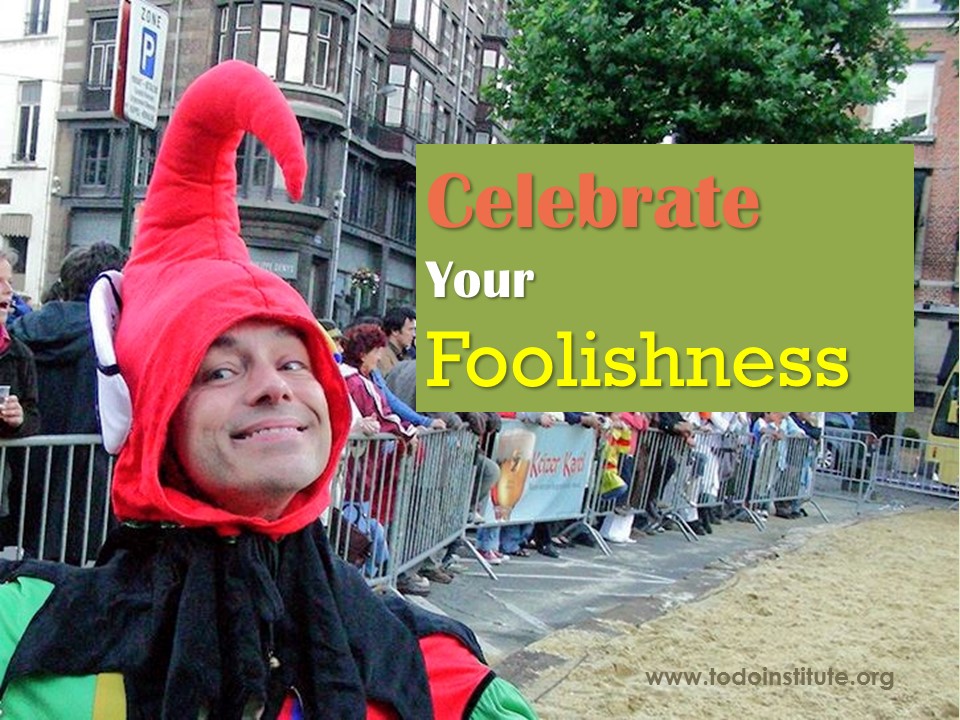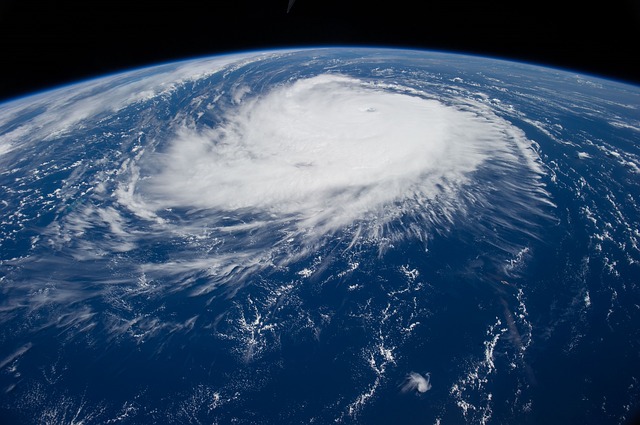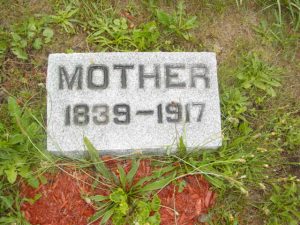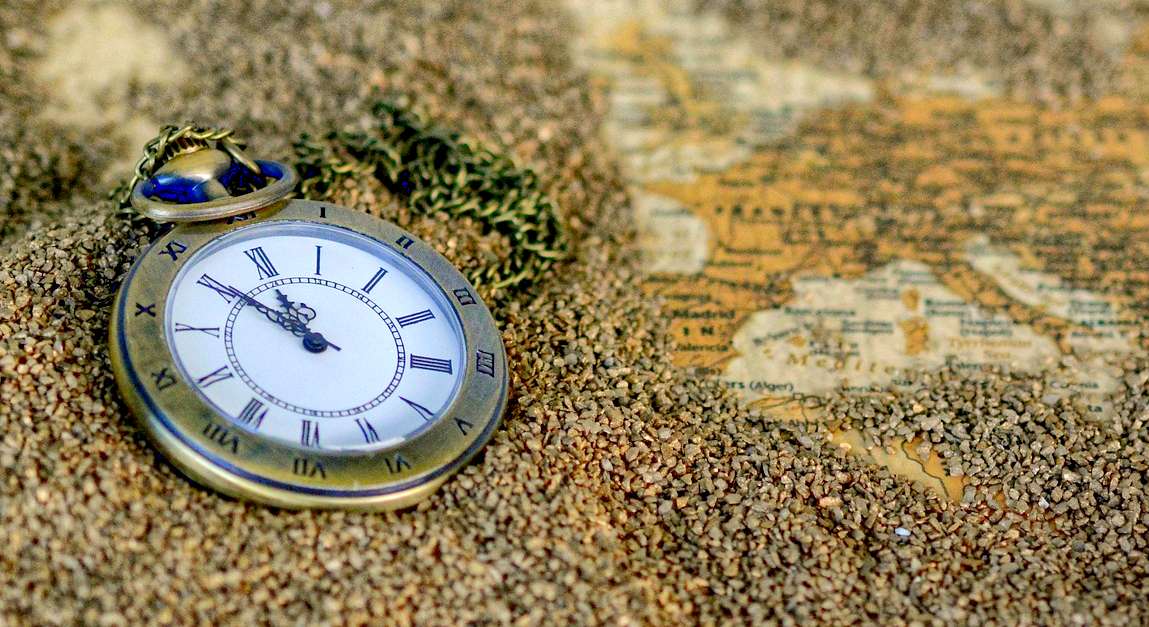The beginning of the New Year is seen as a transition for many of us. It’s a time to step back from our life to reconsider where we’ve been and where we want to go. In some respects, it’s really not a very big transition. It’s a much bigger transition to get married/divorced, have a child or change jobs. In those cases, the actual circumstances of our lives have changed dramatically. When we wake up on New Year’s morning, our circumstances are pretty much the same as the day before. That’s one of the reasons why more than 90% of us fail to keep our New Year’s resolutions. We are creatures of habit and the absence of change in our lives means there is no natural outside force pushing us to do something different. But that doesn’t mean you should give up hope of making any changes in the New Year. It just means that a lot of the impetus for change has to come from within.
The last days and hours of the year need not be occupied with ideas and plans about the coming year. Instead, they can be a time for reflection on one’s life. Many people bypass this practice completely and just jump into making a list of resolutions. But self-reflection is a powerful process. It’s strongly encouraged by many of the world’s great religious traditions and by some of the wisest of our ancestors ranging from Albert Schweitzer to Ben Franklin.
For most of us, self-reflection is a missing piece of our lives. We’re very busy. We get very tired. We look for rest through books, bed and television. The idea of spending an hour or more in your living room sitting quietly and reflecting on the past year seems strange and a bit uncomfortable. But in the transition from one year to the next, this is exactly what we can do if we want to get off to a fresh start in the New Year.
Self-reflection is not the same thing as sitting around and thinking about one’s life. To get the most benefit from self-reflection there needs to be some structure. That structure can be created with questions. I’m convinced there is great power in the questioning process. Of course, it depends on the question. And it depends on whether our heart and mind is ready to open to a sincere investigation.
Let’s take one of the reflective exercises in my booklet, A Guide to Self-Reflection in the New Year. This is a reflection on the theme of Unfinished Business.
“As you move into the new year, what unfinished business do you take with you?”
Can you take five minutes and just sit with this question. Where does it take you? It can be an expansive investigation. A living will? Unpaid debts (financial and non-financial)? Relationships? Library books? A manuscript, started, but unfinished? Your closet?
Some of us could spend the entire evening examining this theme. That may not be realistic. But perhaps spending 20 minutes is a good investment. Try it.
In my book, Naikan: Gratitude, Grace and the Japanese Art of Self-reflection (Stone Bridge Press), we use three simple questions to reflect on our relationships, or some other theme:
- What have I received from _____?
2. What have I given to ________?
3. What troubles and difficulties have I caused _________?
These questions, when used in a sincere investigation of one’s conduct and relationships, can open up a wealth of valuable wisdom about how we have lived and related to those around us.
Do you have someone you’ve been close to this past year: a partner, parent, adult child or good friend? Can you see the possibilities in spending 20-30 minutes reflecting on this person over the past year using these three questions? Try it. See what comes up for you.
Using these Naikan questions for the basic structure, you can design specific reflections in any of the following categories:
- People (Meaningful Relationships)
2. Travel (vacations or even trips to visit people listed in #1)
3. Objects (like your car or computer)
4. The environment (i.e. the air)
5. Difficult situations (i.e. a flat tire incident)
6. Accomplishments
I always begin my end-of-year reflections by looking at my relationships with my family members. My wife is at the center of those reflections. I already have a sense of how much she does for me. But when reflecting over the past year I try to think of specific examples:
She took care of me in the days and weeks after my knee replacement surgery. She edits many of my essays. She baked me several carrot cakes this past year. When we drove to Pennsylvania, she did about 80% of the driving.
The third question is the most challenging – looking at the many ways I have caused her trouble and difficulty. I may spend anywhere from 30-45 minutes reflecting on my wife/marriage. After that I may spend some time reflecting on my parents, our office staff, colleagues, daughters and others who have played a meaningful role in my life this past year.
By using the end of the year to reflect on your life, you’ll notice that certain ideas for making changes or doing things differently will naturally arise. You can make note of these, but don’t try to turn them into any kind of formal resolution or goal. For now, just allow yourself to sit with your life “as it is”. Seeing our life as it is can be more than the foundation of personal change – it can be the basis for faith, compassion for others, and a profound sense that we are loved and cared for more deeply than we have realized.
The end of the year (or the beginning of the new year) is a wonderful time to reflect back on our lives and see how we’ve been living. When we reflect on the year we step back and get perspective — perspective that can inform our behavior and choices in the coming year. Resolutions are really less important than having a meaningful path, living mindfully, and taking action towards our dreams. More on that later.
For now, best wishes for a wonderful New Year!
Gregg Krech has been teaching Japanese Psychology for the past 30 years and is the author of five books. His booklet, updated for 2020, A Guide for Self-Reflection in the New Year, is available for free to all ToDo Institute members and anyone who makes a donation to the organization.
https://pages.donately.com/todoinstitute/campaign/2019-year-end-appeal/
And he’ll be teaching the annual distance learning course, Living on Purpose, starting on January 11th, which helps us shift to a more purpose-centered life as we move into the New Year.
Tags: gratitude Mental Wellness naikan new year Relationships
